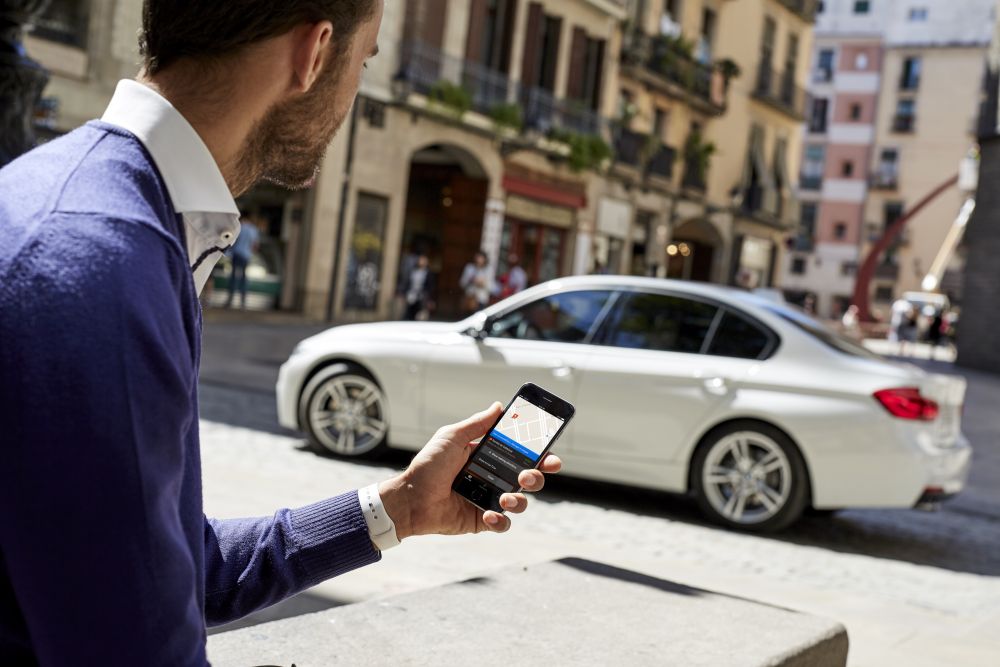BMW i Ventures and JustPark: smarter, more efficient mobility
A special story by BMW Group: Achieving greener infrastructure is not just a question of transforming the physical qualities of transportation. It can also be about a smarter, sharing-based use of the resources we already have.

Achieving greener infrastructure is not just a question of transforming the physical qualities of transportation. It can also be about a smarter, sharing-based use of the resources we already have.
When you think of sustainability, reducing resource strain may come to mind—but there are also benefits to using some available resources more intensively. Parking spots are primed for a sharing-based approach, and their smarter use can have wide-reaching benefits for urban transportation networks.
Investing in the digitalization of transportation can have wide-reaching benefits for urban areas.
JustPark
Recall the last time you looked for a parking spot in the city.
How quickly did you find a spot? Where did you park? Did you have to circle the block once, twice, maybe more?
It is estimated that in Europe, drivers spend 100 hours a year looking for parking spots. It would be no surprise if that number was higher in many major US cities.
This is just one of those commonly accepted inconveniences of city life. But when it comes to transport, what is inconvenient often carries a negative impact on the environment. More time spent looking for a parking spot, or more time spent sitting in traffic, clogs transportation routes and keeps vehicles on the roads.
The use of parking spots has regular high and low periods of demand. Work commuters and weekend visitors push the need up at different times, while other main users like schools, churches, and special events result in periods of heavy and light use that are usually predictable. These are great conditions for smarter organization.
The idea for JustPark, a company in which BMW i Ventures invested, came to founder Anthony Eskinazi when he was looking for a parking spot for a San Francisco Giants game. He passed an empty driveway and realized there was a win-win solution for drivers and homeowners.
Currently only available in the UK, JustPark works on the basis that people who own parking spots don’t use them all the time, and those spaces could be making money for their owners and providing relief to drivers.
"Parking is a broken industry - it drains our wallets, our fuel tanks, and our patience,” explains Eskinazi, “At JustPark, we're reinventing the way people park for the digital age - unlocking these previously unavailable spaces at private properties, businesses and homes.”
This is not a new concept. Churches and schools often do this on weekends or other times when they don’t need to use the parking spots themselves. But what if individuals could easily do this as well?
What we are seeing in the digitalized, sharing economy is the increasingly effortless organization of individuals’ possessions into limited common resources. What was previously unfeasible due to organizational hurdles—namely the coordination of many individually owned things—is now significantly easier thanks to the wider use of smartphones and other steps of digitalization. JustPark allows users to make their own parking spaces available to others, and even if it’s just one space available for one evening, sharing that resource can relieve road use and allow others to save time and money.
A special story by BMW Group






